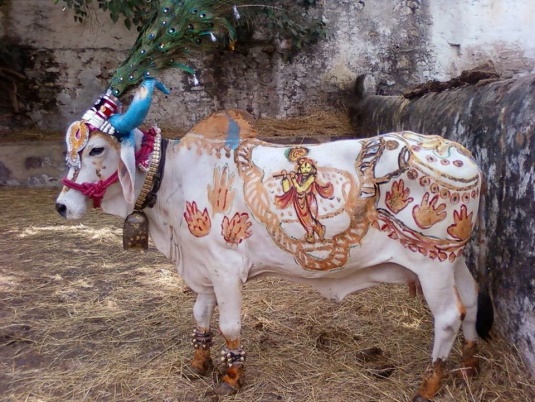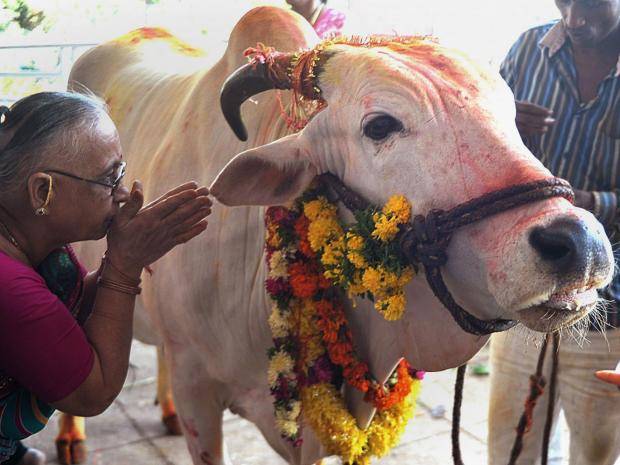
-
 History of Religions
History of the 3 Monotheistic religions (Judaism, Christianity and Islam) and of the main different Christianity confessions (Roman Catholicism, Eastern Catholicism and Eastern Orthodoxy, Anglicanism and Protestantism)
History of Religions
History of the 3 Monotheistic religions (Judaism, Christianity and Islam) and of the main different Christianity confessions (Roman Catholicism, Eastern Catholicism and Eastern Orthodoxy, Anglicanism and Protestantism)
-
 Pedagogical Approaches
New pedagogical approaches to teach history of religion
Pedagogical Approaches
New pedagogical approaches to teach history of religion
-
 Role of Religions in Civilization
How to didactically promote among students of different confessions, the capacity of a critical analysis and understanding of the role played by religions in the history of mankind
Role of Religions in Civilization
How to didactically promote among students of different confessions, the capacity of a critical analysis and understanding of the role played by religions in the history of mankind
-
 Interreligious Students’ Competences
Set of teaching contents, to be used by teachers to highlight and valorize the universal values of tolerance and universalisms that all Monotheistic religions and religious texts contain to promote and sustain mutual understanding among students
Interreligious Students’ Competences
Set of teaching contents, to be used by teachers to highlight and valorize the universal values of tolerance and universalisms that all Monotheistic religions and religious texts contain to promote and sustain mutual understanding among students
-
 Managing Multi-Religious Classes
Teaching Sources to help teachers dealing with multicultural and multi-religious classes
Managing Multi-Religious Classes
Teaching Sources to help teachers dealing with multicultural and multi-religious classes
-
 Introduction
A comparative review of the liturgical celebrations, ceremonies and dietary rules existing in the different religions.
Introduction
A comparative review of the liturgical celebrations, ceremonies and dietary rules existing in the different religions.
-
 Celebrations
Description and comparative analysis of the celebrations of different religions and confessions
Celebrations
Description and comparative analysis of the celebrations of different religions and confessions
-
 Ceremonies
Description and comparative analysis of the ceremonies of different religions and confessions
Ceremonies
Description and comparative analysis of the ceremonies of different religions and confessions
-
 Dietary Rules
Description and comparative analysis of the dietary rules of different religions and confessions
Dietary Rules
Description and comparative analysis of the dietary rules of different religions and confessions
Events
The Pathway through Religions project has been promoted trough conferences and articles.
Partnership
-
 Contractual Partners
From this section it is possible to access to a description of each contractual partner of the Pathway through Religions project.
Contractual Partners
From this section it is possible to access to a description of each contractual partner of the Pathway through Religions project.
-
 Schools
From this section it is possible to access to the information about the schools involved in the Pathway through Religions Project in the European countries involved.
Schools
From this section it is possible to access to the information about the schools involved in the Pathway through Religions Project in the European countries involved.
-
 Associated Partners
As a result of the exploitation activity a number of associated partners officially joined the project in order to contribute to the improvement of the project impact on their target groups and to ensure the project sustainability by continuing using the project deliverables in the next years.
Associated Partners
As a result of the exploitation activity a number of associated partners officially joined the project in order to contribute to the improvement of the project impact on their target groups and to ensure the project sustainability by continuing using the project deliverables in the next years.
This section of the Pathway through Religions portal provides administrative information for the project contractual partners and for the European Commission and it is password protected.
Dietary Rules
Homepage > Training Course > Dietary Rules

Description and comparative analysis of the dietary rules of different religions and confessions
Dietary Rules
Lord Krishna, one of the most well-known of the Hindu deities is often depicted playing his flute amongst cows and dancing Gopis (milkmaids). He grew up as a cow herder. Krishna also goes by the names Govinda and Gopala, which literally mean “friend and protector of cows.” It is considered highly auspicious for a true devotee to feed a cow, even before eating breakfast oneself.
Throughout the Vedic scriptures there are verses which emphasize that the cow must be protected and cared for. It is considered a sin to kill a cow and eat its meat. Even today in India, there are many states in which the slaughter of cows is illegal. That is why you can find cows roaming freely all over India, even along the busy streets of Delhi and Mumbai.
Ayurveda is a big proponent of the sattvic qualities of milk and dairy products. That is why most Hindus are vegetarian, but not vegan. Fresh, organic milk, yogurt, buttermilk, paneer (homemade cheese) and ghee, are all considered highly nutritious, and an important part of the diet. Not only do these dairy products provide important protein and calcium for our tissues, but are sources of Ojas, which gives our body strength and immunity.
Besides their milk, cows also provide many practical purposes, and are considered a real blessing to the rural community. On the farm, bulls are used to plough the fields and as a means of transportation of goods. Even Lord Shiva’s trusted vehicle is Nandi– the sacred bull.

Picture shows the reverence given to cows by Hindus where they are often adorned with garlands and covered in images of the mother goddess.

A Hindu lady praying to a cow.


